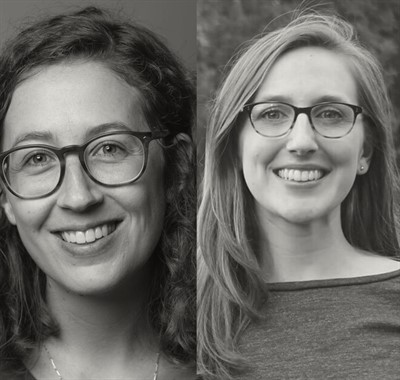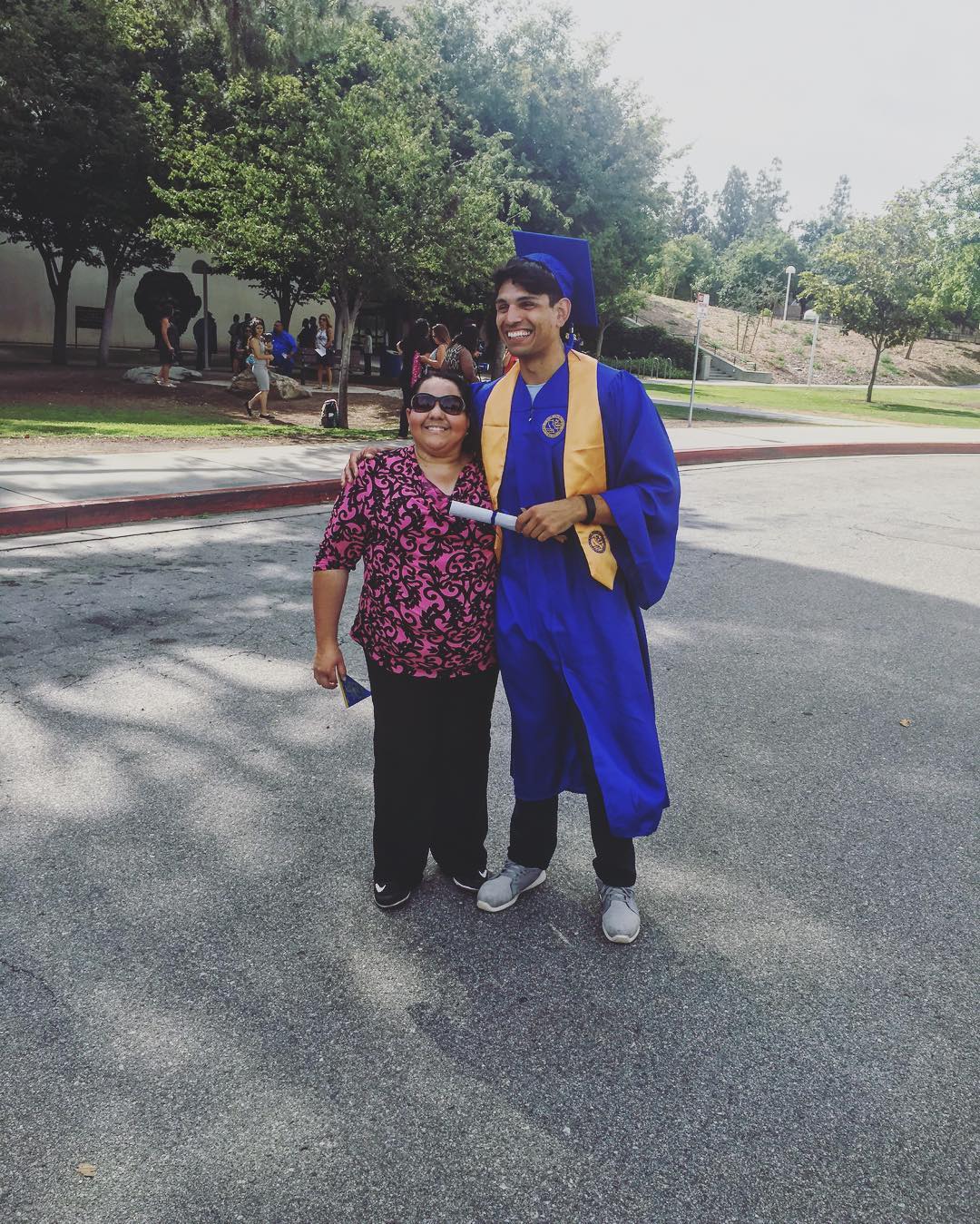-
Ted Chiang and Emily Bender worry about the dark side of AI
What do you get when you put two of Time magazine’s 100 most influential people on artificial intelligence together in the same lecture hall? If the two influencers happen to be science-fiction writer Ted Chiang and Emily M. Bender, professor of linguistics at the UW, you get a lot of skepticism about the future of generative AI tools such as ChatGPT.11/13/2023 | GeekWire -
Cheetahs become more nocturnal in extreme heat, study finds
Hunting later at night may force the big cats to surrender their prey to larger carnivores, such as lions and leopards. Kasim Rafiq, a UW postdoctoral researcher in biology, is quoted.11/12/2023 | Smithsonian Magazine -
'It makes me wonder if I'm doing something wrong.' How tweens are navigating social media's beauty standards
Tweens growing up with social media are inundated with rapidly changing beauty standards and the social pressure to conform to them. Lucía Magis-Weinberg, assistant professor of psychology at the UW, is interviewed.11/09/2023 | KUOW -
Why cheetahs will be especially vulnerable to climate change, according to new research
Even the fastest animal in the world can't outrun the effects of climate change, according to experts. Cheetah populations are especially vulnerable to rising temperatures because hotter days are forcing them to behave more nocturnally, putting them in greater competition with other predators such as lions and African wild dogs, according to a study published in the journal Biological Sciences on Wednesday. Kasim Rafiq, postdoctoral scholar of biology at the UW, is quoted.11/09/2023 | ABC News -
Opinion: Social media and mental health — seeing through the fog in the midst of conflict
"Often, we use social media as a link — this incredible resource to connect us to the people and places we love. As disinformation, decontextualization, and propaganda increase across X, TikTok, and other sites, users need to assess what the sources are for the information they are consuming," writes Danielle Marie Holland. Liora Halperin, professor of history and international studies, is quoted.11/08/2023 | South Seattle Emerald -
Cheetahs become more nocturnal on hot days — climate change may trigger fights among predators
Cheetahs are usually daytime hunters, but the speedy big cats will shift their activity toward dawn and dusk hours during warmer weather, a new study finds. The UW's Briana Abrahms, assistant professor of biology, and Kasim Rafiq, postdoctoral scholar of biology, are quoted.11/08/2023 | Associated Press -

I am First-Generation: Annegret Oehme
"Seek mentors and advisors whom you can trust and who also understand your situation. Ask questions if you are unsure about procedures, classes, or course of studies! Use the resources you have available. Don’t ever feel embarrassed for asking for advice or help! UW holds many resources and nobody wants to see you fail!" - Annegret Oehme, Associate Professor, Department of German Studies
11/08/2023 | College of Arts & Sciences -

ArtSci Roundup: Diversity Lecture Series, Jacob Lawrence Gallery Reopening, Sacred Breath, and more.
This week, attend the Diversity Lecture Series “Unveiling Maternal Morbidity and Mortality in the United States”, celebrate the Jacob Lawrence Gallery Reopening, listen to Indigenous storytellers at Sacred Breath, and more. November 13, 3:00 – 4:30pm | Diversity Lecture Series: “Unveiling Maternal Morbidity and Mortality in the United States: Disparities and Challenges in Women’s Health”,...11/08/2023 | UW News -

I am First-Generation: Juan Rodriguez
"There are going to be many days where it doesn't seem to make sense, and that is an incredibly vulnerable space to maneuver, but just know that you belong here at this incredible university along with every great opportunity you come across in your journey. It's okay to not have the answers or feel entirely comfortable in new spaces you'll find yourself in. Use curiosity to your advantage and ask questions, read for fun beyond the classroom, listen to new music that makes you want to bop around, or take a walk, and look for chances to join student organizations. Curiosity is a great tool in the classroom, and it will also serve you well beyond the University of Washington. Give it your all because you'll get back what you put in." - Juan Rodriguez, Marketing Production Specialist, College of Arts & Sciences
11/07/2023 | College of Arts & Sciences -
On an island in Southeast Asia, early humans coped with climate change by tailoring their technology
Over the course of some 44,000 years, humans occupying the island of Timor-Leste, just north of Australia, changed their methods of making stone tools in lockstep with climate change, according to a recent study in Quaternary Science Reviews. Ben Marwick, professor of anthropology at the UW, is quoted.11/06/2023 | CNBC